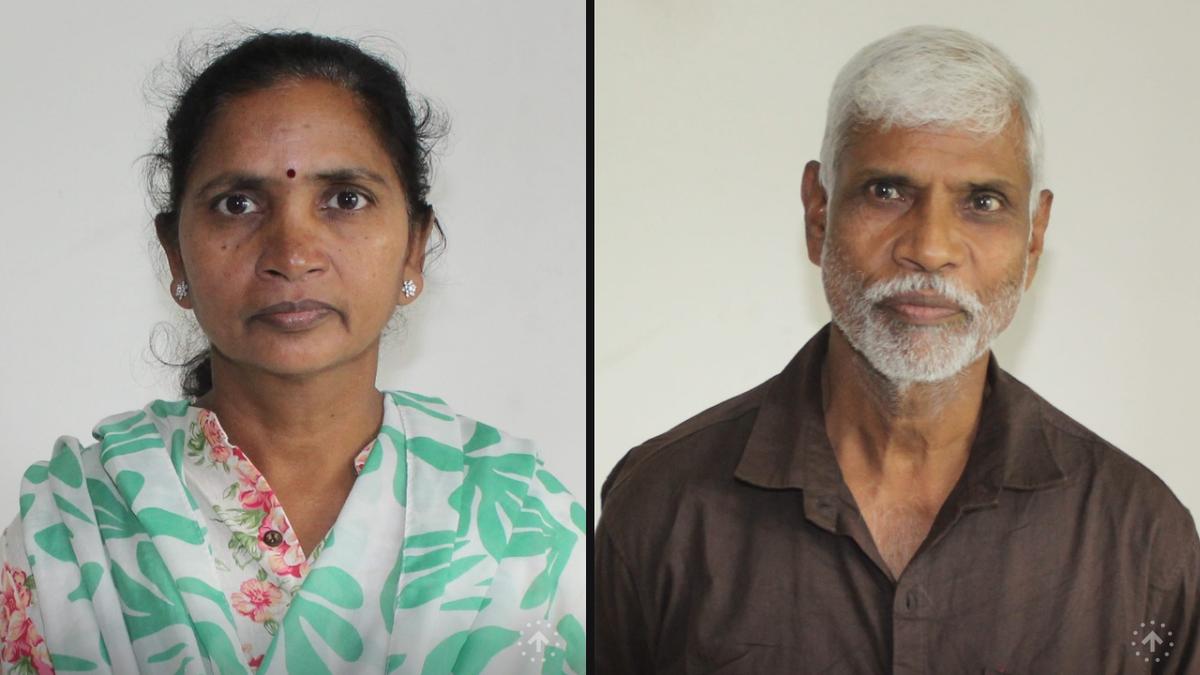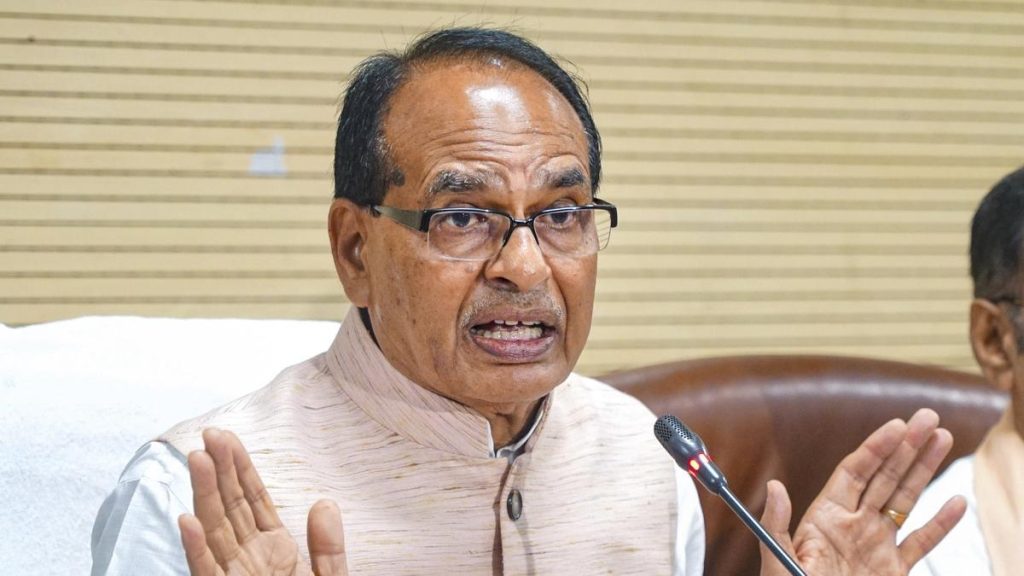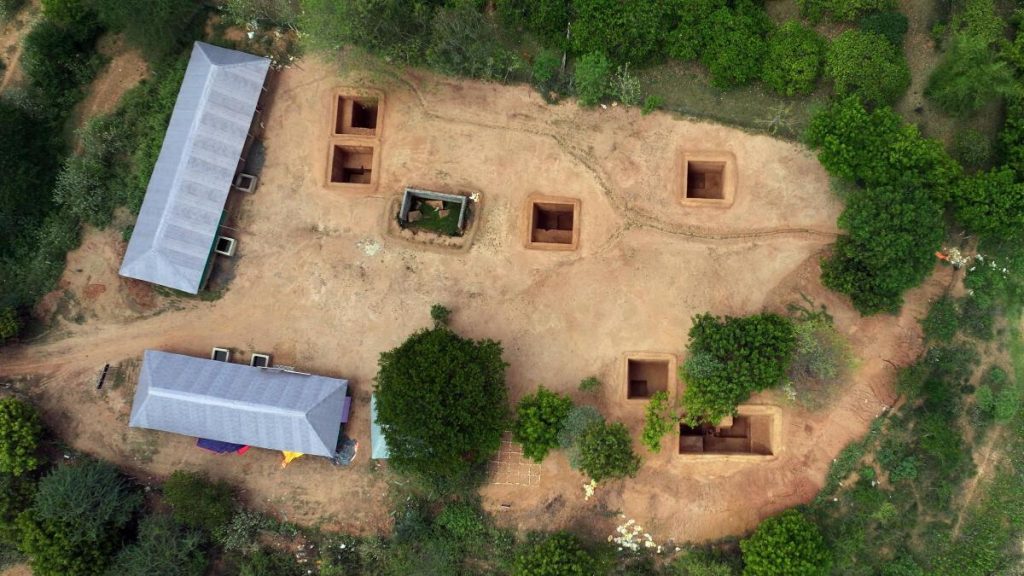Now Reading: Senior Maoist Couple Surrenders to Telangana Police After 45 Years Underground
-
01
Senior Maoist Couple Surrenders to Telangana Police After 45 Years Underground
Senior Maoist Couple Surrenders to Telangana Police After 45 Years Underground

Swift Summary
- two senior leaders of the outlawed CPI (Maoist), Mala Sanjeev alias Lengu Dada (62) and his wife Perugula Parvathi alias Bontala Parvathi or Deena (50), surrendered to the Rachakonda Police in Telangana.
- Both held significant positions within the maoist organization’s Dandakaranya Special Zonal Committee (DKSZC) and its cultural wing, Chaitanya Natya Manch (CNM).
- Sanjeev joined the Maoist movement in 1980 through Jana Natya Mandali (JNM), eventually becoming a State Committee member by 2001. he was transferred to Chhattisgarh in 2003 as CNM’s head under DKSZC.
- Parvathi entered Maoist ranks in 1992, worked across Telangana and Andhra Pradesh regions, and married Sanjeev in 2007.She rose to become a state Committee Member by 2018.
- Their surrender was influenced by Telangana government rehabilitation policies aimed at reintegrating former insurgents into civilian life.
- Both leaders expressed their desire for peaceful living with family and denounced violence.
- Rachakonda Police Commissioner G. Sudheer Babu called their surrender “a moral victory” for inclusive counterinsurgency efforts.
Indian Opinion Analysis
The surrender of Mala Sanjeev and Perugula Parvathi signals an important turning point in counterinsurgency operations against Maoists, especially in Telangana and neighboring regions like Chhattisgarh where they were active for decades. It underscores a combination of effective governmental rehabilitation policies that incentivize insurgents to reintegrate into society while marking diminishing relevance of violent ideological movements amidst changing socio-political dynamics.
The focus on providing benefits such as family-centric rehabilitation may prove pivotal not only for individual stability but also for weakening underground networks ideologically unsupported by newer generations who have access to democratic frameworks. While thes developments represent progress toward peacebuilding, authorities must stay vigilant over residual factions still operating covertly under mass movements aiming at disruption.
This event also hints at shifting public perception against armed movements like Maoism which are increasingly viewed as outdated models of dissent when compared with modern democratic discourse systems reliant on peaceful reforms.






















